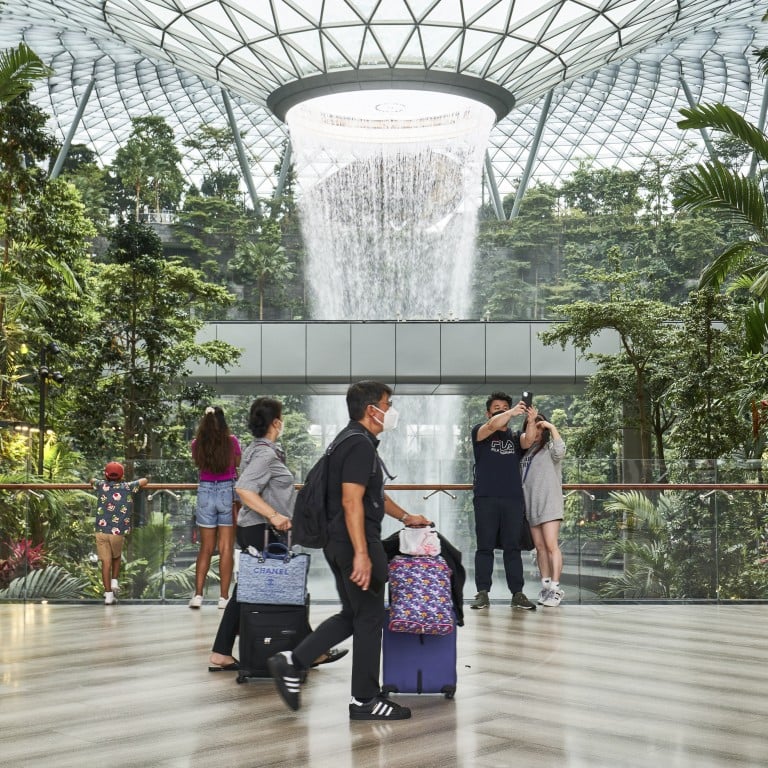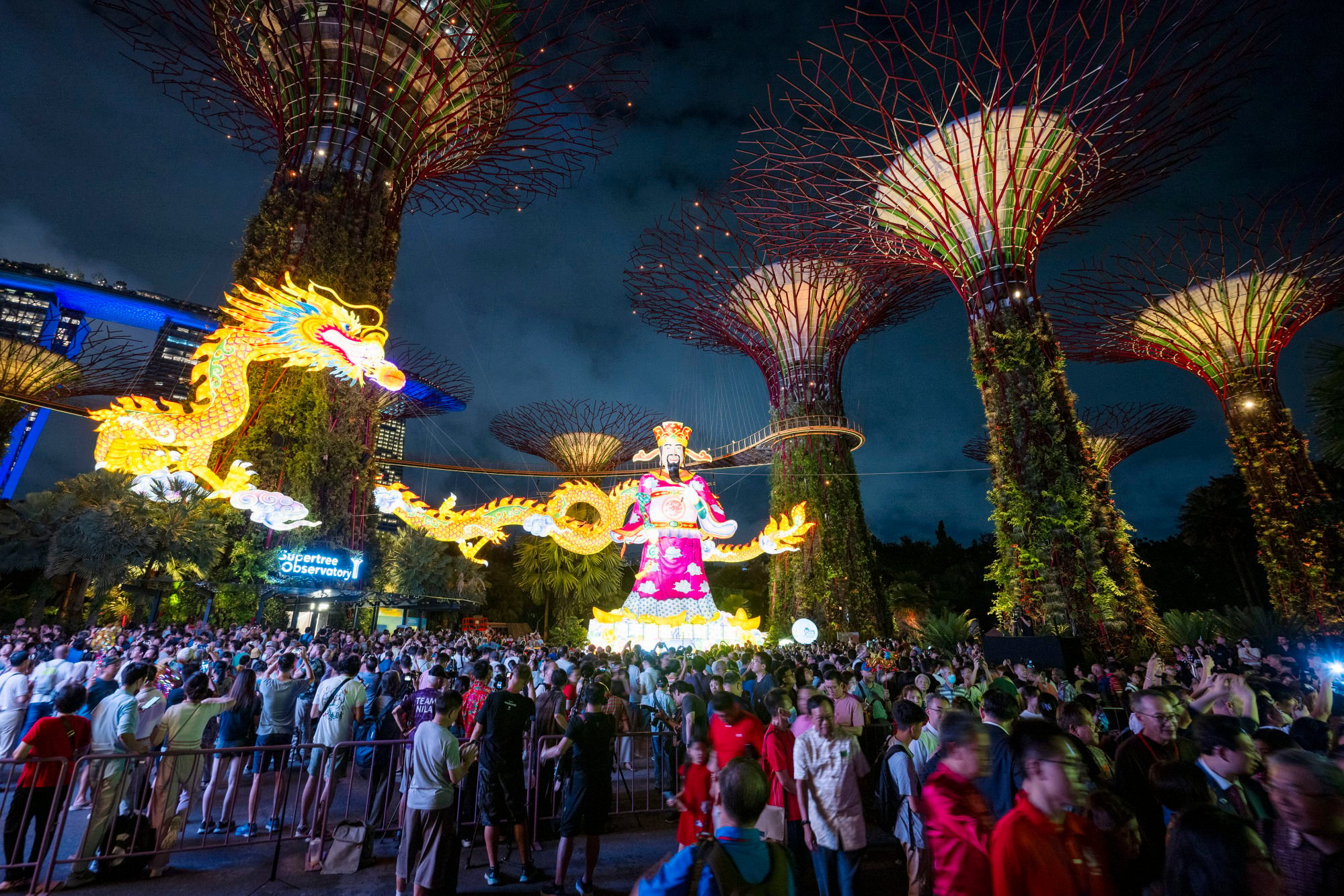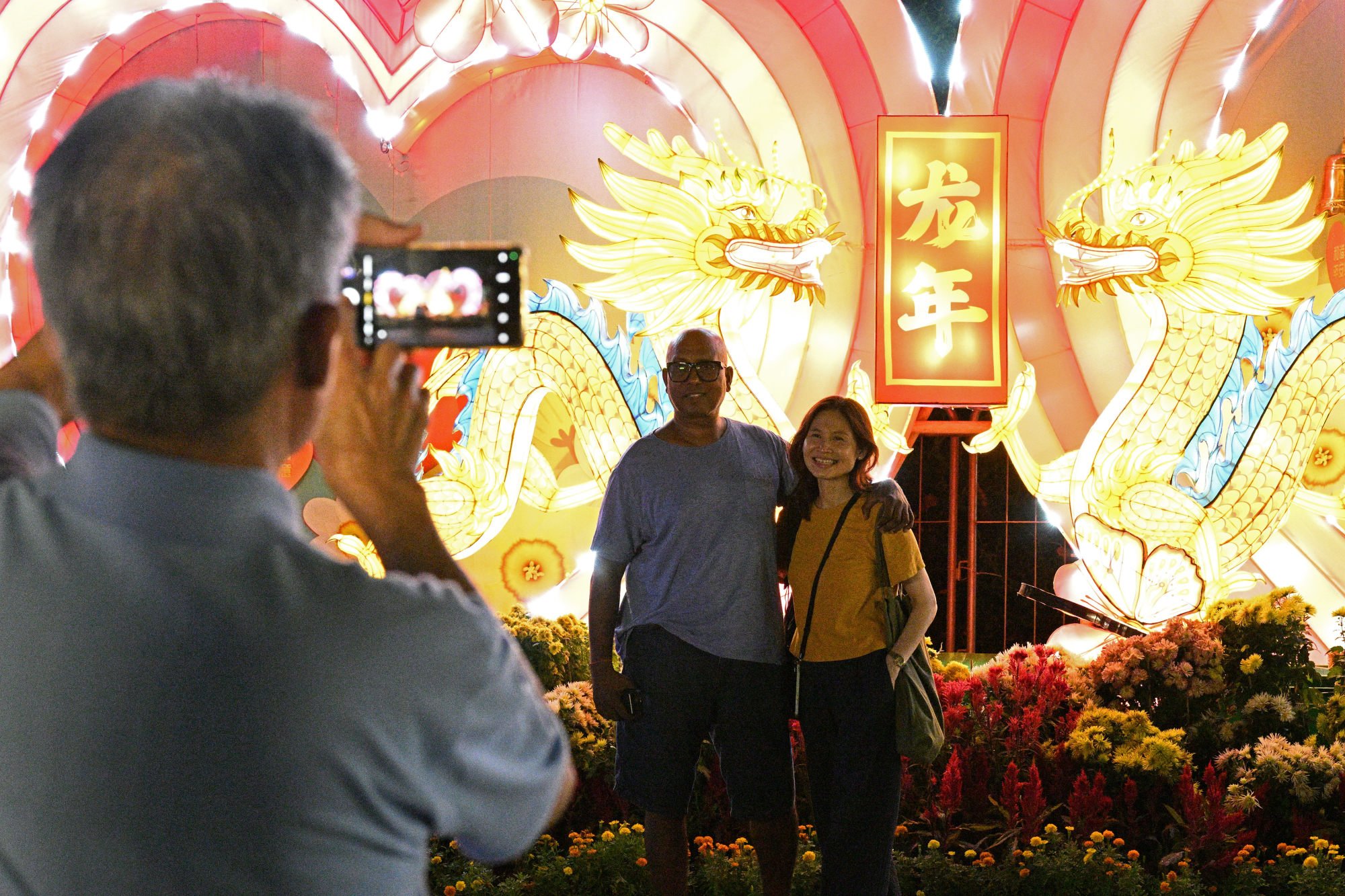
In China, fake news about Singapore reflects hopes for better civic behaviour
- Chinese social media is rife with claims that visitors to Singapore could face penalties for stealing Wi-fi, not flushing the toilet or feeding pigeons
- The videos appear to harbour a desire by Chinese nationals to have similar laws to improve public behaviour on their own shores

Apart from stating that shopping, transport and food costs are high in Singapore, the video claimed that anyone who did not flush the toilet would be fined 798 yuan (US$110).
Not clearing food trays after a meal in public eating places would set one back 1,500 yuan, the video claimed, while anyone taking a sip of water on the subway would face a fine of 2,650 yuan.
The list goes on: smoking, feeding pigeons and littering in public would invoke fines of 5,342 yuan, 2,660 yuan and 10,640 yuan, respectively.
Other videos claimed that anyone “stealing another person’s Wi-fi network” in Singapore did so on threat of a 10,000 yuan fine, jail sentence or even “instant deportation”.
Other “antisocial” behaviours include singing or wearing pyjamas in public, and using fake luxury items. Yet another video said, “plain-clothes policemen are all over Singapore, and if you dare to consume alcohol after 10pm you will be whipped”.
Singapore university imposes entry fee to stem tide of disruptive tourists
As a citizen of the city state, I am aware of the laws and fines relating to smoking, littering and jaywalking, but I do not recall the last time anyone was fined for such behaviours.
While such rules exist in Singapore, they mainly serve as deterrents and are prone to exaggeration by foreign visitors.
I am also uncertain as to how often these penalties are meted out to tourists, if at all.
As for being punished for “stealing Wi-fi” and “whipped” for consuming alcohol, the claims are downright absurd.

Koh Chin Yee, managing director of Singapore Eye, a leading Chinese-language social media platform in Singapore, said the creators of these videos were out to “attract eyeballs”.
Chinese tourists in Bali told to mind risks after ‘traffic accidents, drownings’
Rather than expressing incredulity at the claims, the mainland Chinese friend who shared the video with me said “the fines are superb as they would teach some Chinese proper manners in public”.
Her opinion appears to be echoed by numerous Chinese netizens, many of whom have argued on social media that similar laws are needed in China.
“Whoever does not flush the toilet after use must surely be severely punished,” one user wrote.
Another said: “Similar laws and regulations in China will ensure better civic behaviour and raise the calibre of its people.”
Yet another wrote: “Straight into jail for those who spit in public – that would teach them a lesson they’d never forget!”
While false information should never be welcomed or condoned, the creators of such fake videos – cashing in on Singapore’s reputation as a “fine” city – may have inadvertently unleashed widely held sentiments among Chinese citizens for more orderly social spaces in their own homeland.
Maria Siow is a correspondent at the Post’s Asia desk

